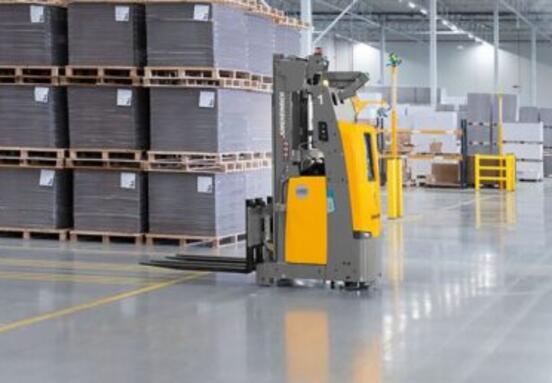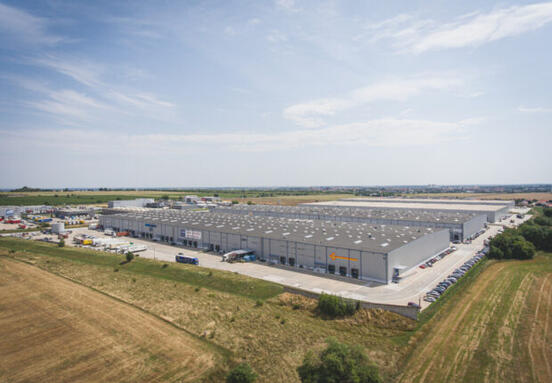The certificate means that the pilot of this hybrid between the car and the aircraft can apply for a flight permit at any time for permission to fly, just like any other aircraft. The flying car is capable of reaching speeds of more than 160 km / h and altitudes above 2,500 meters.
The transformation from car to plane takes two minutes and 15 seconds.
The men behind the Aircar project: inventor and designer Stefan Klein and co-founder Anton Zajac. Photo: Klein Vision archive
An important step
According to the company, the demanding flight tests included "a whole range of flight and performance maneuvers, with the take-off and landing achieved by the machine without the pilot having to touch the flight lights as much as possible."
Klein added for Forbes that this is a very important step, as the research prototype of the car fully supported their concept. "So these are not fictitious expectations, but a real object that is already flying. There are only a few such projects in the world that are actually used, "he explained.
Mass production
"AirCar certification opens the door to mass production of highly efficient flying cars," Klein said in an opinion that AirCar had to complete more than 70 hours of test flights to obtain the required certification. It is issued by the countries in which the machine is registered.
Last June, the flying car completed a 35-minute flight between the airports in Nitra and Bratislava. They plan to fly from Paris to London in the near future, the company said in a statement to BBC News.
With its flying car, the company is also preparing for the prestigious UAE AeroTech international conference in Pasadena, USA, in March this year, where they will have their main presentation.
According to previously published information, the AirCar price could range from around 500 to 750 thousand euros.
Decades of effort
Klein has been striving for decades to design what we might call a flying car. His plans date back to the 1980s. Among other things, he was at the birth of the company AeroMobil, whose eponymous vehicle completed its first flight in 2013.
However, Klein later withdrew from the project and, in cooperation with the founder of the antivirus company Eset, Anton Zajac, launched a new project. The Slovak billionaire, who belongs to the top twenty richest Slovaks, then invested more than 1.5 million euros in the development of AirCar.







